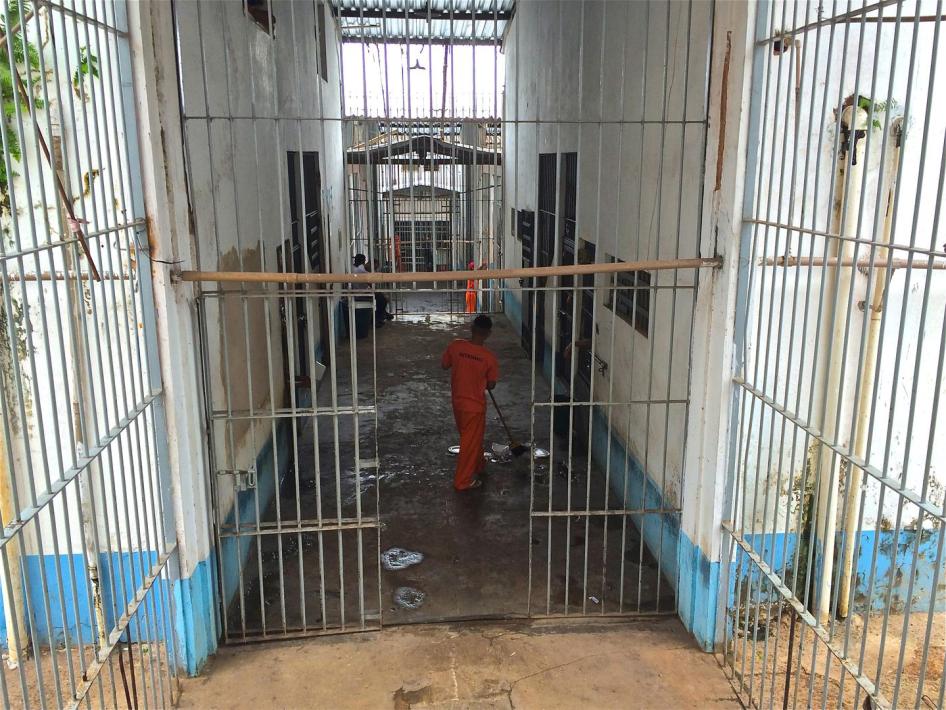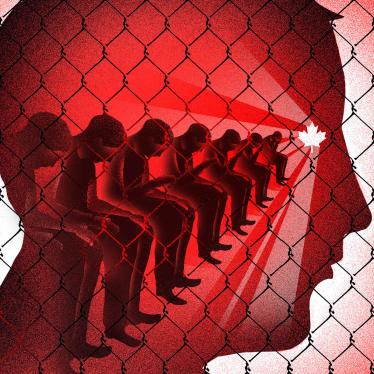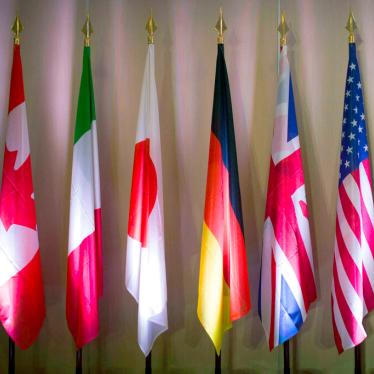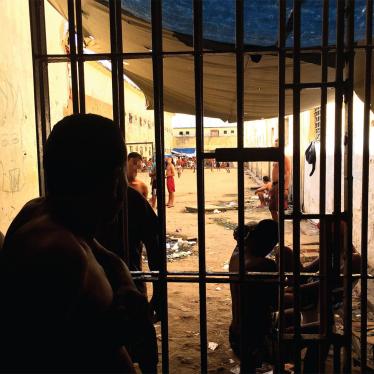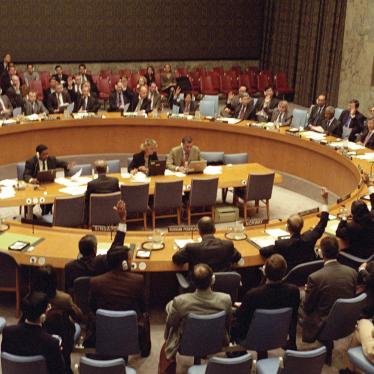The killing of 33 inmates in the Brazilian state of Roraima is another sign that the country's prisons are disgracefully out of control. Many of the bodies were decapitated, a practice widely used by gangs to terrorize their enemies.
The gruesome killings followed by only days the deaths of 60 inmates in Amazonas. Brazil's president, Michel Temer, called that massacre “a devastating accident.”
An accident is something random and unexpected. But the repeated mass killings in Brazil's prisons are anything but.
The prison violence is rooted in the authorities' failure to provide humane conditions and to maintain control within the facilities. Many prisons are informally privatized – not handed over to legitimate corporations but to the very gangs they exist to punish.
When criminals run the prisons, brutal killings should come as no surprise.
In the state of Maranhão, I witnessed prison authorities asking incoming detainees which gang they belonged to so they could be sent to a facility run by that gang. Two detainees with no prior record –accused, on flimsy evidence, of possessing drugs and a gun– told me they were not members of any gang, but asked to be held with the gang that controlled the neighborhood where they lived. They were afraid they would be killed if incarcerated with members of a rival gang. Such arrangements are a recipe for gang recruitment.
In the state of Pernambuco, I visited facilities where guards patrolled only the outside perimeter and did not enter cellblocks. Instead, they gave cellblock keys to certain prisoners. Not surprisingly, those prisoners –called keyholders– used their power to sell drugs and extort payments from fellow prisoners and family members, under threat of beatings or worse. Prison officials either turned a blind eye or participated in such rackets in exchange for kickbacks.
Brazil desperately needs a policy overhaul to end inhumane overcrowding. Its prisons hold 67 percent more inmates than their official capacity. Brazil needs to explore alternatives to prison. More than 40 percent of those crowding its prisons have yet to be convicted of a crime, and lengthy delays in judicial proceedings are endemic. In October, I interviewed two women in a Pernambuco prison who had been waiting more than six years for trial.
Brazil also needs to rethink its counterproductive “war on drugs” policy. More than a quarter of all detainees –pretrial and convicted– are behind bars on drug charges. Among women, the figure is closer to two-thirds. One of those detained is “Roberto,” a young man serving a sentence of more than four years side by side with convicted murderers at the massive Curado prison complex in Pernambuco when I visited it in 2015, for possessing 15 grams of marijuana, worth 50 reais (about USD15).
Reform is also needed within the prison walls through ending the illegal practice of holding pretrial detainees among convicted criminals. Inmates should be provided with meaningful work and education. And most important, the State needs to regain control of the cellblocks from dangerous criminals who are, in many facilities, the real authorities.
Or Brazil can continue to do nothing, let gangs run the prisons, and wait for more tragedies like this week's.


